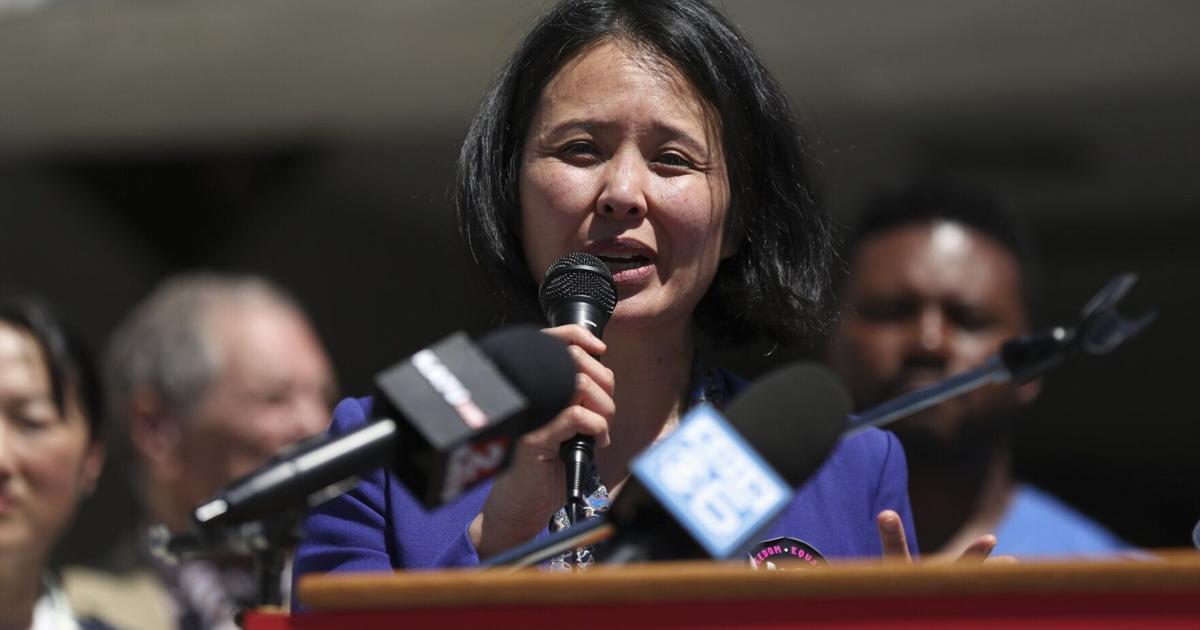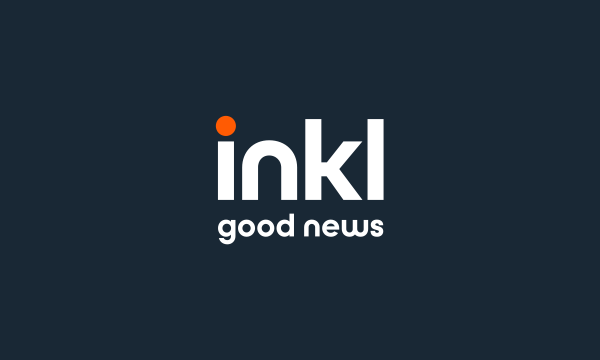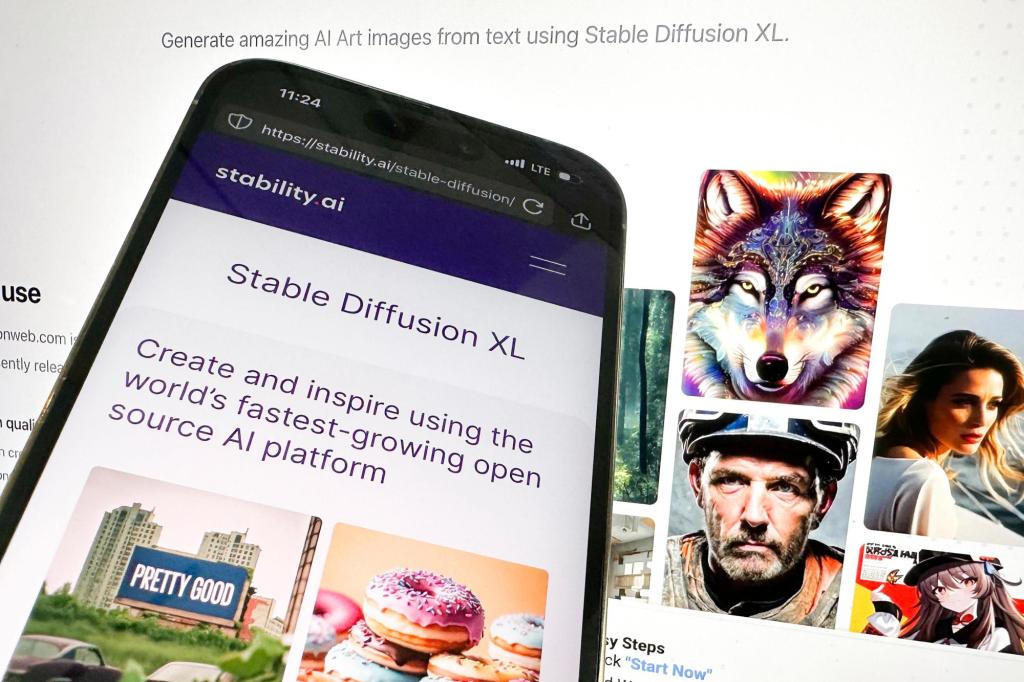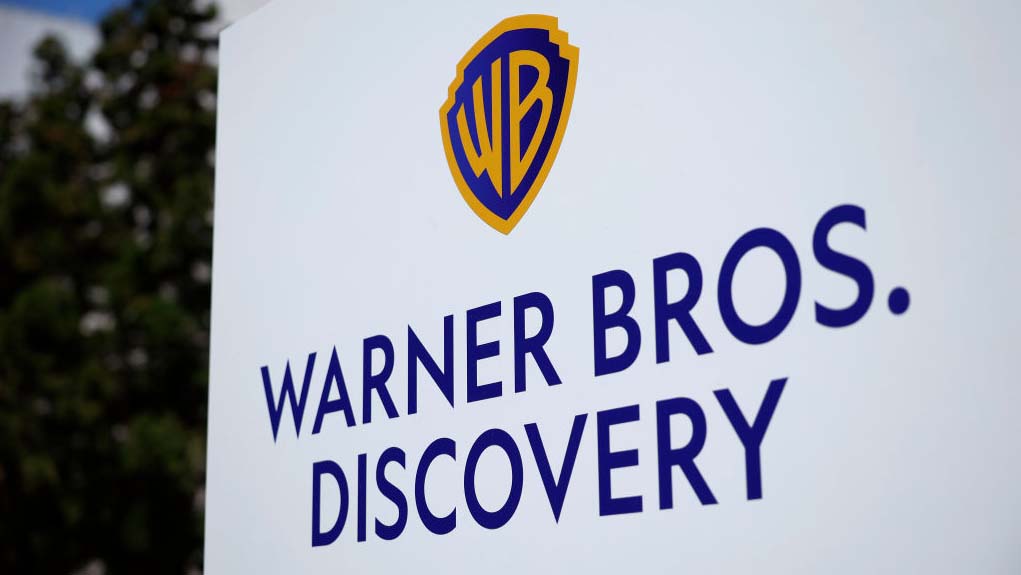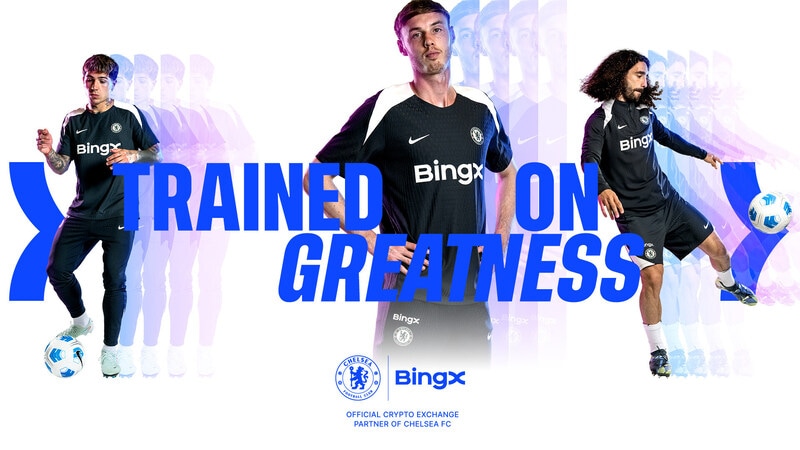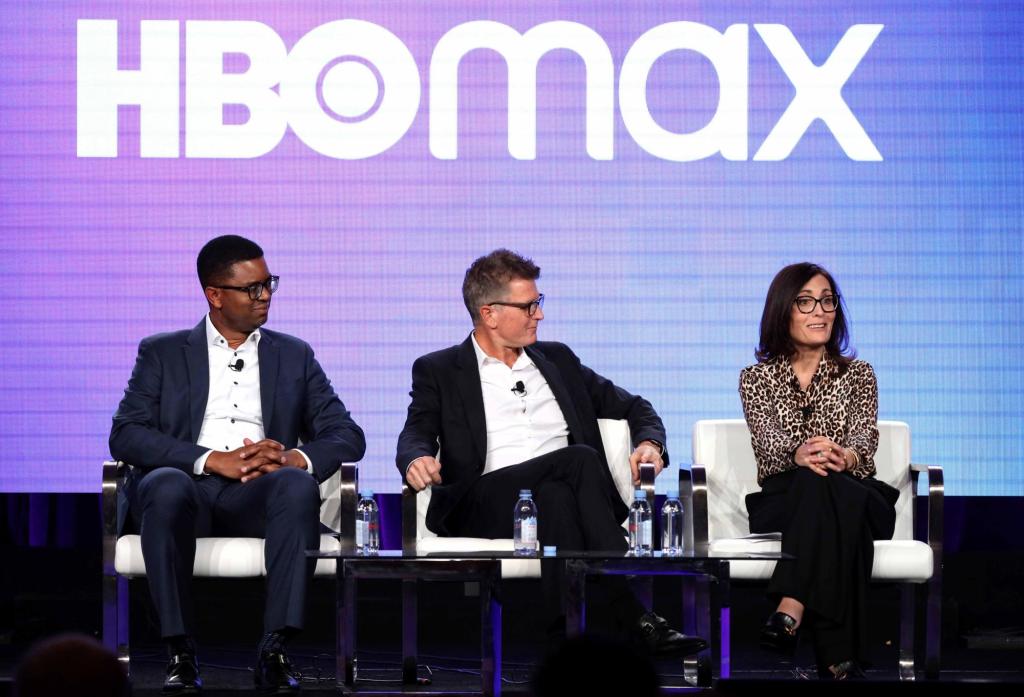A policy that could finally get tech giants to start paying their overdue news bill is advancing in Oregon’s Legislature.
Oregon Senate Bill 686 would require dominant tech platforms to pay news organizations or donate to a fund providing news grants. It would generate at least $122 million a year to support local media.
In some ways this is a test.
If SB 686 becomes law, Oregon would be the first state to address unfair competition between tech platforms and news organizations since a federal judge, on April 17, found Google guilty of illegal conduct harming news publishers.
Making publishers whole, and giving America’s local press system a better chance of surviving online, will require more than just breaking apart Google as the U.S. Department of Justice has proposed.
It could take years for a breakup to restructure the search and digital-ad markets and benefits to most publishers may be diffuse and incremental.
Meanwhile there’s still the unresolved issue of companies profiting off news content without fairly compensating publishers.
Oregon’s SB 686 responds with a template used in other countries and a stalled proposal in Congress.
This template, which is working in Australia and Canada, forces platforms to negotiate content deals or face arbitration. SB 686 gives tech platforms an additional option, to donate to a nonprofit that would in turn give grants to news organizations.
SB 686 advanced out of committee on Monday to the full Senate, where it could be voted on next week.
But it’s early days. With the bill getting traction, Google and Meta are escalating attacks, using threats and tactics similar to what they used to weaken the policies in Canada and Australia and strangle them in California and Congress.
Their attacks stiffened policymakers’ resolve in Canada and Australia, though the fierce lobbying reduced what companies ended up paying.
It might help Oregon stand firm to have antitrust rulings in hand, confirming what publishers have said for years about getting shafted by unfair competition online.
Legislators appreciate the dire economic situation for local journalism, according to state Sen. Khanh Pham, a Portland Democrat who sponsored SB 686.
“My colleagues across the state have told me their stories about the impacts of the closures of the newspapers all across Oregon,” she said by phone. “Even the ones that haven’t closed have lost more than 75% of the journalism jobs, which has really impacted the coverage.”
Pham began researching the topic in 2022 and introduced a journalism funding bill in 2023, motivated by her view that local news is critical to democracy.
“I see it every day in the lack of cohesion in our state,” she said. “We don’t have our local newspapers playing the same role, of bringing people together around our shared issues.”
Nationally, newspapers are failing at an average of 2.5 per week.
Oregon’s situation is acute, after nearly half the state’s newspapers were affected by a rash of layoffs, closures and consolidation last year. The latest casualty is the Malheur Enterprise, led by renowned investigative journalist Les Zaitz, which printed its last edition Wednesday.
Unfair tech competition isn’t the only reason local news outlets are struggling. But the recent court rulings explain how Google made it harder for them to build successful businesses online.
The April 17 ruling detailed how publishers have no choice but to use Google advertising technology systems rigged to benefit the company. A separate case, finding that Google monopolized online search, revealed further harms.
On Friday, a Google executive testified that the company used publishers’ content to train AI products, even when publishers told Google not to, by opting out of its scraping.
Legislators can also see how policies similar to SB 686 are working in other places, most recently Canada. A year after Google was forced to pay for news there, more than $22 million has been distributed so far to 108 news businesses, according to an April 30 disclosure report.
Meta opted to block news in Canada to avoid paying but researchers found Canadians continue sharing and reading news on its sites, using workarounds. Users are also getting more unreliable material and memes.
In Oregon, the companies are threatening to sue. They’re also sowing division, with threats to reduce traffic to online news publishers.
Most news outlets favor these policies but there’s always a smattering that don’t — especially ones that receive funding from tech companies. The latter can play spoiler by opposing fair-compensation policies or suggesting complex alternatives that could derail progress and months of negotiations.
Laurie Hieb, executive director of the Oregon Newspaper Publishers Association, said she’s been told the tech companies have a playbook 50 pages long “and we’re on page 5.”
“I anticipate more tactics from them and more threats,” she said.
The trade group, which backs SB 686, would rather companies tried negotiating a solution.
“It’s really sad to me it can’t be a mutual relationship like any other business — it’s cost of goods for them,” she said. “It’s a partnership, they need us and we need them. The notion that they can keep doing this and not pay a dime or not have any cost of goods is insane to me.”
Oregon’s bill is also drawing opposition from some Republicans. I’m surprised they aren’t aligned here with the Trump administration, which is prosecuting Google for suppressing competition and harming publishers.
SB 686 is a way to level the playing field for news businesses serving rural, conservative areas, the places hardest hit by the industry’s downturn.
Oregon’s bill would give tech companies profiting from news three choices.
They could negotiate payment with digital news publishers. They could enter arbitration to settle what percentage of their ad revenue publishers should receive. Or they could donate to the Oregon Civic Information Consortium, an independent group that would grant funds to organizations addressing “civic information needs.”
Google would be required to pay at least $104 million a year and Meta would be required to pay $18 million a year.
SB 686 earmarks 10% of the proceeds for the consortium, based at the University of Oregon.
Having a third-party distribute grants is a buffer between the press and public funding.
I wish, though, it didn’t use “civic information” terminology that’s popular in some progressive academic and nonprofit circles. I’m concerned that can justify diverting funds intended to save local news to organizations doing more political advocacy than journalism. Consortium leaders must be diligent.
But compromises are necessary to reach consensus, and it’s long past time to see American policymakers address unfair competition harming a local news industry that’s essential to democracy. Good luck, Oregon.

